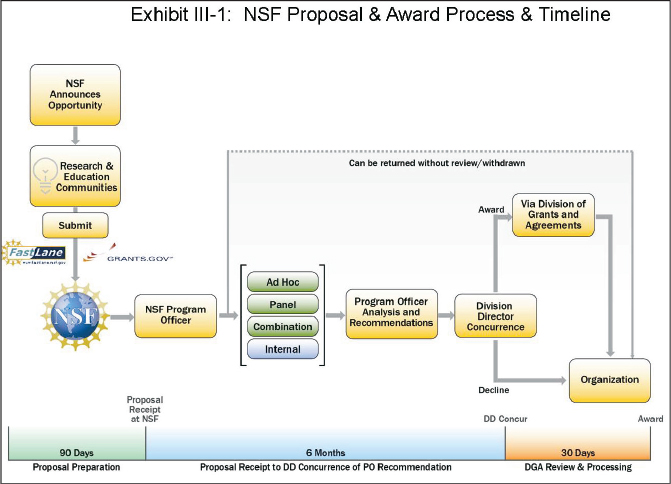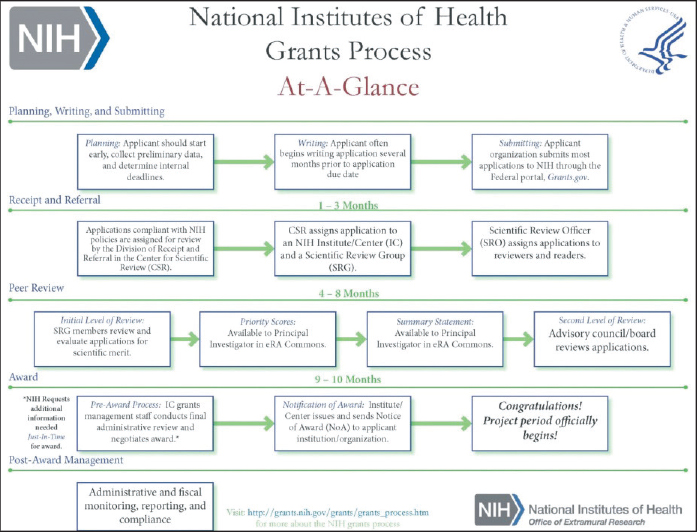I've read the tradition is that
the government (taxpayers) pays for the basic research, and then Big Pharma produces, distributes, and profits. For many large, important industries, the crux of the business has become to perpetuate that situation.
I'm sure that was the best way to do things at one time, but there is nothing more creative than a Capitalist thinking up how to fatten their profit margins.
It's evolved from a mechanism to band together to pay for massive research projects to yield important results into a group of companies
buying political influence to make sure the research money keeps flowing, regardless of the results.
I haven't read that. Please do share your sources.
TY for the links. I understand now what you had in mind.
I originally encountered it some time ago in Noam Chomsky's writing. These days they refer to it as "Chomsky trade" which tries to predict future stock raises based on what basic research the federal government is funding.
Apparently it's recently (2013) dropped to under 50% government funding of basic research, so it may be less true today than it has been for the last 60 years or so (it was over 70% through the 60s and 70s.) It's still a great deal of public investment for private benefit, and it still creates the situation I describe where the business model becomes chasing public funding for your unprofitable research, and then leveraging it to the hilt for private profit.
Now that private companies are (sorta kinda) picking up their own tab, no doubt all the taxpayer-funded freebies will be reciprocated.
From the "Data Check" article:
NSF defines basic research as “activity aimed at acquiring new knowledge or understanding without specific immediate commercial application or use.” In contrast, it says applied research is “aimed at solving a specific problem or meeting a specific commercial objective.”
The U.S. pharmaceutical industry is the major driver behind the recent jump in corporate basic research, according to NSF’s annual Business Research and Development and Innovation Survey (BRDIS), which tracks the research activities of 46,000 companies. Drug company investment in basic research soared from $3 billion in 2008 to $8.1 billion in 2014, according to the most recent NSF data by business sector. Spending on basic research by all U.S. businesses nearly doubled over that same period, from $13.9 billion to $24.5 billion.
Basic research comprises only about one-sixth of the country’s spending on all types of R&D, which totaled $499 billion in 2015. Applied makes up another one-sixth, whereas the majority, some $316 billion, is development. Almost all of that is funded by industry and done inhouse, as companies try to convert basic research into new drugs, products, and technologies that they hope will generate profits. (The pharmaceutical and biotech industry, for example, spent a total of $102 billion on research and development in 2015, according to Research!America, an Arlington, Virginia–based advocacy group.)
Combining the above with my understanding of
how the research grant process works (see also:
The Grants Process at the National Science Foundation and the National Institutes of Health), along with the long and expensive road from theoretical (science sense of the word) research, aka "basic" research, and having something implementable, I'm not ready to concur with the iniquitous/vitiative context implicit in your remarks (red text above) above.
After all, the lion's share of basic research funding goes to colleges and university professors (thus their institutions).
Do scholars converse with business principals to identify areas of common interest and in turn submit research proposals that align with their shared interests and one or more opportunities grantors have announced? Of course, they do, but the process of doing so doesn't have the "shady" intents your remarks imply.




